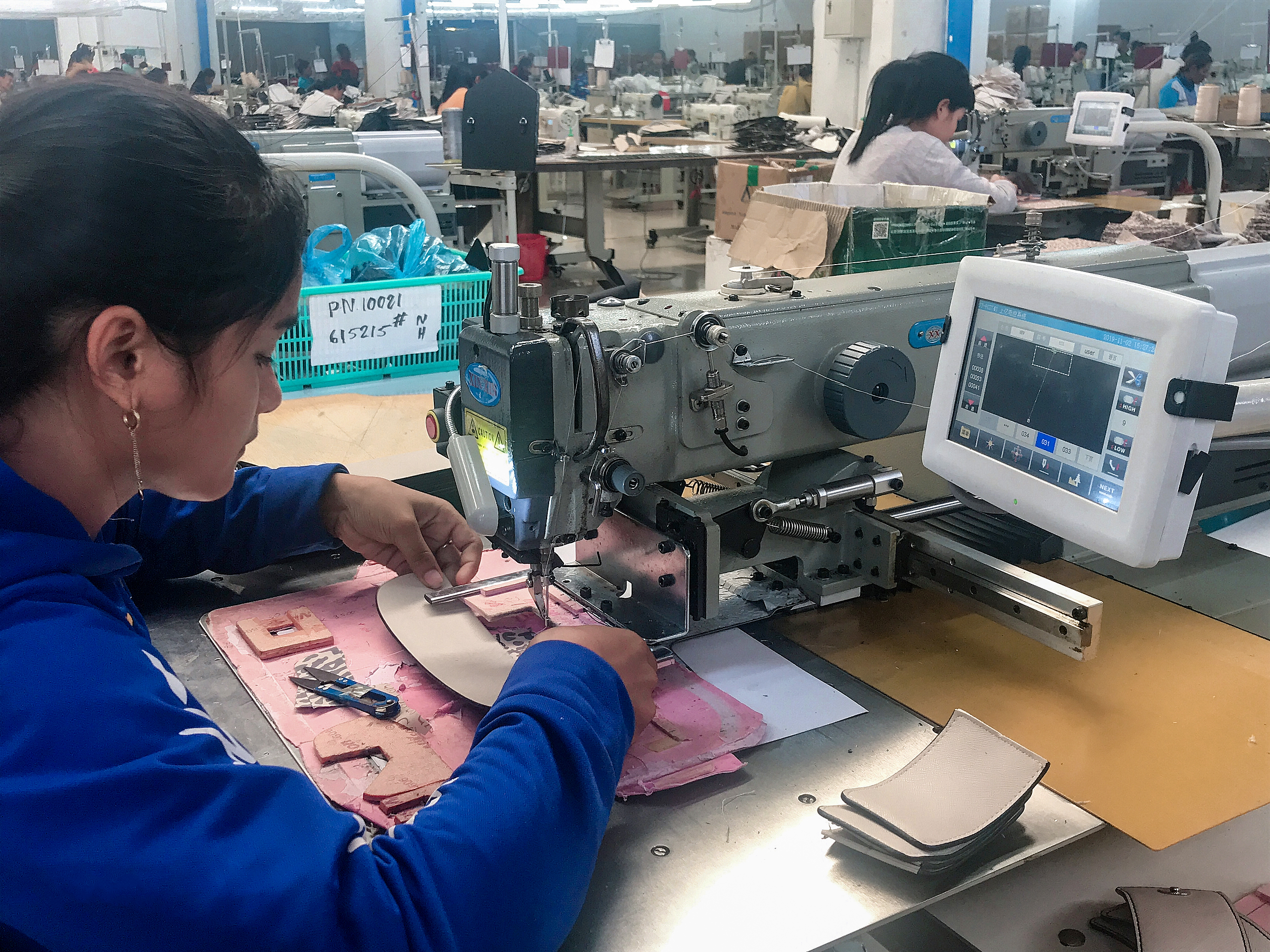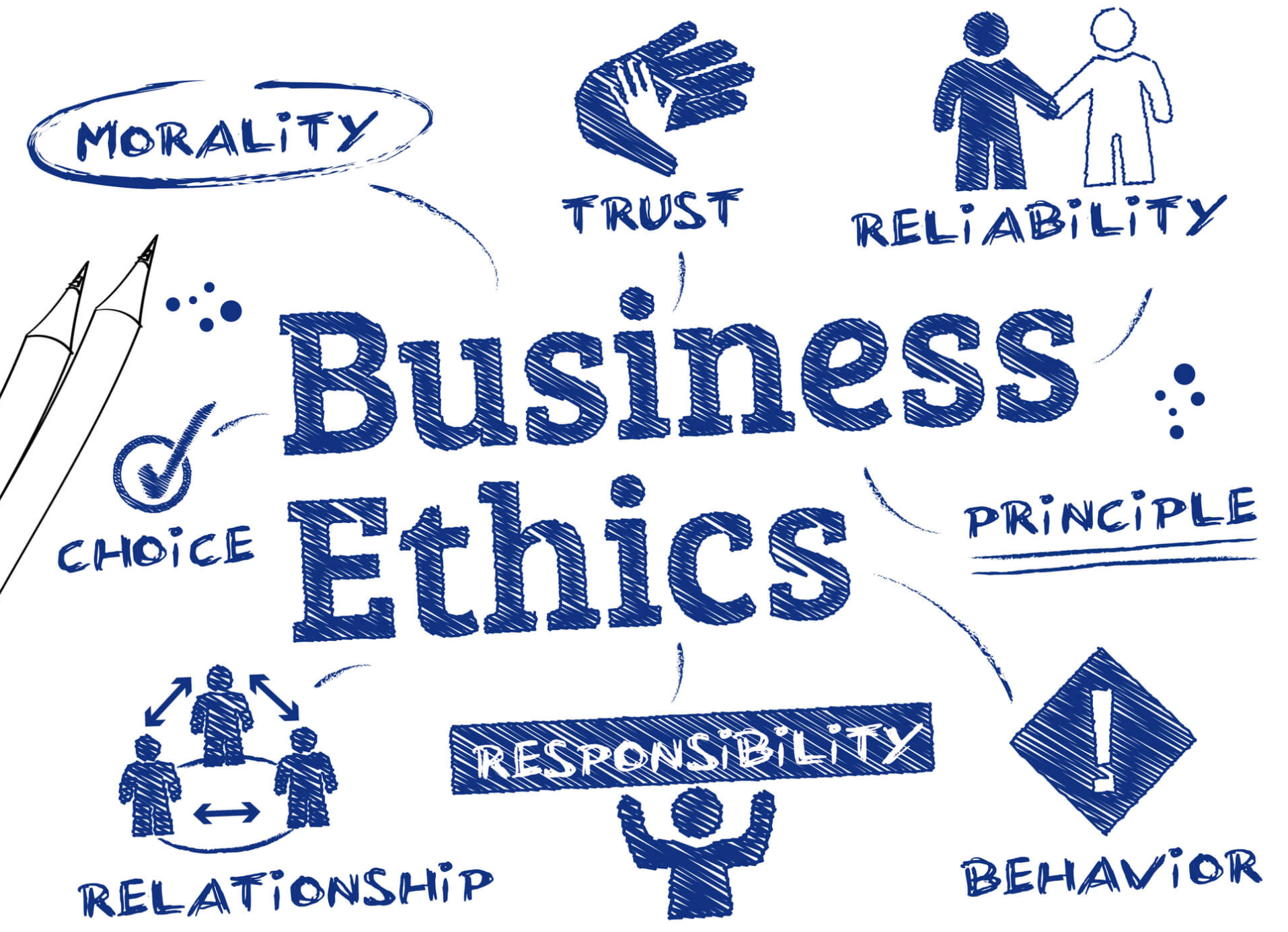In today's world, where environmental sustainability is a growing concern, finding sustainable handbag manufacturers is crucial. By choosing manufacturers who prioritize eco-friendly practices, you can contribute to reducing the fashion industry's environmental impact. This article will provide you with valuable tips on how to find sustainable handbag manufacturers.
- Research and Background Check:
Start by conducting thorough research on potential handbag manufacturers. Look for companies that have a commitment to sustainability and prioritize ethical practices. Visit their websites to gather information about their manufacturing processes, materials used, and certifications they hold. Look for certifications like Fair Trade, Global Organic Textile Standard (GOTS), or Bluesign, which indicate a commitment to sustainable and ethical production.

2. Materials and Supply Chain:
Pay attention to the materials used in handbag production. Sustainable handbag manufacturers often prioritize eco-friendly materials such as organic cotton, recycled fabrics, or vegan alternatives like cork or Piñatex (made from pineapple fibers). Inquire about their supply chain to ensure they source materials responsibly, avoiding harmful chemicals and promoting fair trade practices.

3. Manufacturing Practices:
Sustainable manufacturers prioritize environmentally friendly manufacturing practices. Look for companies that minimize waste, practice energy efficiency, and implement recycling programs. They may also use low-impact dyes and water-saving techniques in their production processes. Additionally, inquire about their labor practices to ensure fair wages and safe working conditions for their employees.

4. Transparent and Ethical Business Practices:
Choose manufacturers that value transparency and openly share information about their practices. Look for brands that provide detailed information about their supply chain, including the origins of materials and the factories they work with. Ethical manufacturers are often willing to answer questions and provide certifications or audits to support their claims.

5. Collaborations and Certifications:
Keep an eye out for collaborations or partnerships with reputable organizations or initiatives focused on sustainability. Manufacturers that actively participate in sustainability-focused programs demonstrate their commitment to responsible practices. They may be associated with organizations like the Sustainable Apparel Coalition or have certifications like B Corp, which assesses a company's social and environmental impact.

6. Customer Reviews and Feedback:
Read customer reviews and feedback about the manufacturers you are considering. Look for feedback on the quality of their products, their commitment to sustainability, and their customer service. Positive reviews and testimonials can give you confidence in your choice, while negative reviews may raise red flags.

Conclusion:
Finding sustainable handbag manufacturers requires thorough research and scrutiny. By considering factors such as materials, manufacturing practices, transparency, and certifications, you can make an informed decision. Remember, supporting sustainable manufacturers not only helps protect the environment but also promotes ethical and responsible practices within the fashion industry. Choose wisely and contribute to a more sustainable future.